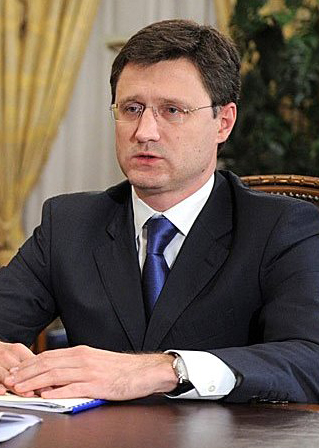The ranking is based on factors including measures of child survival and well-being such as health, education, nutrition, equity and income gaps.
The report, A Future for the World’s Children?, includes a new global index of 180 countries, comparing performance on child flourishing. Nigeria ranks 174 out of 180 countries, below Afghanistan, Sierra Leone and South Sudan.
The report finds that the health and future of every child and adolescent worldwide is under immediate threat from ecological degradation, climate change and exploitative marketing practices that push heavily processed fast food, sugary drinks, alcohol and tobacco at children. According to the report, no single country is adequately protecting children’s health, their environment and their futures.
“This demonstrates how far we still need to go in Nigeria to ensure children can live healthy lives in an environment where they can thrive. We know that investing in the future of our children, giving them an education and making sure they are healthy and receive the right nutrition, works to provide a better future for everyone. We all have a responsibility to do everything we can to protect the health and future of every Nigerian child,” said Claes Johansson, UNICEF Nigeria Representative a.i.
According to the report, while the poorest countries need to do more to support their children’s ability to live healthy lives, excessive carbon emissions – disproportionately from wealthier countries – threaten the future of all children. If global warming exceeds 4°C by the year 2100 in line with current projections, this would lead to devastating health consequences for children, due to rising ocean levels, heatwaves, proliferation of diseases like malaria and dengue, and malnutrition.
The index shows that children in Norway, the Republic of Korea, and the Netherlands have the best chance at survival and well-being, while children in Central African Republic, Chad, Somalia, Niger and Mali face the worst odds.
“More than 2 billion people live in countries where development is hampered by humanitarian crises, conflicts, and natural disasters, problems increasingly linked with climate change,” said Minister Awa Coll-Seck from Senegal, Co-Chair of the Commission. “While some of the poorest countries have among the lowest CO2 emissions, many are exposed to the harshest impacts of a rapidly changing climate. Promoting better conditions today for children to survive and thrive nationally does not have to come at the cost of eroding children’s futures globally.”
A manifesto for immediate action on child and adolescent health
- Stop CO2 emissions with the utmost urgency, to ensure children have a future on this planet
- Place children and adolescents at the centre of efforts to achieve sustainable development
- New policies and investment in all sectors to work towards child health and rights
- Incorporate children’s voices into policy decisions
- Tighten national regulation of harmful commercial marketing, supported by a new Optional Protocol to the UN Convention on the Rights of the Child
Dr. Richard Horton, Editor-in-Chief of The Lancet family of journals, said: “The opportunity is great. The evidence is available. The tools are at hand. From heads-of-state to local government, from UN leaders to children themselves, this Commission calls for the birth of a new era for child and adolescent health. It will take courage and commitment to deliver. It is the supreme test of our generation.”
“From the climate crisis to obesity and harmful commercial marketing, children around the world are having to contend with threats that were unimaginable just a few generations ago,” said Henrietta Fore, UNICEF Executive Director. “It is time for a rethink on child health, one which places children at the top of every government’s development agenda and puts their well-being above all considerations.”
“This report shows that the world’s decision makers are, too often, failing today’s children and youth: failing to protect their health, failing to protect their rights, and failing to protect their planet,” Dr Tedros Adhanom Ghebreyesus, Director-General of the World Health Organization said. “This must be a wakeup call for countries to invest in child health and development, ensure their voices are heard, protect their rights, and build a future that is fit for children.”
Isaac Oyimah/Editor




















